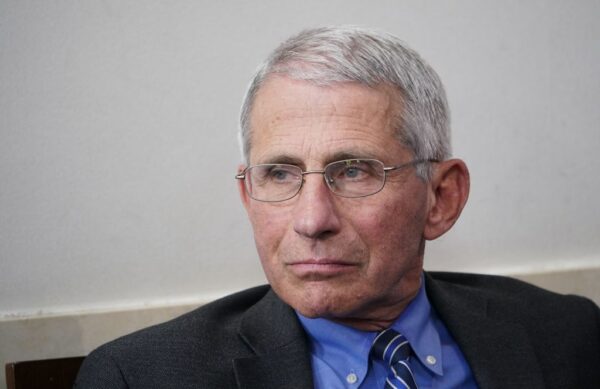
The National Institutes of Health has formed a new clinical trials network for Covid-19 by merging four existing networks mainly focused on HIV and AIDS, the agency said.
The National Institute of Allergy and Infectious Diseases, part of the NIH, said Wednesday that it established the Covid-19 Prevention Trials Network, or COVPN, by merging four existing networks: The Seattle-based HIV Vaccine Trials Network; the Durham, North Carolina-based HIV Prevention Trials Network; the Atlanta-based Infectious Diseases Clinical Research Consortium; and the Los Angeles-based AIDS Clinical Trials Group. While they will continue conducting studies of vaccines against HIV and other infectious diseases, they will also conduct studies of vaccines and monoclonal antibodies to prevent Covid-19. The COVPN is expected to include more than 100 clinical trial sites in the U.S. and other countries.

The Power of One: Redefining Healthcare with an AI-Driven Unified Platform
In a landscape where complexity has long been the norm, the power of one lies not just in unification, but in intelligence and automation.
“Having a safe and effective medical countermeasure to prevent Covid-19 would enable us to not only save lives but also help end the global pandemic,” NIAID Director Anthony Fauci said in a statement. “Centralizing our clinical research efforts into a single trials network will expand the resources and expertise needed to efficiently identify safe and effective vaccines and other prevention strategies against Covid-19.”
The COVPN is part of the Department of Health and Human Services’ Operation Warp Speed effort to rapidly develop diagnostics, drugs and vaccines for Covid-19 and will use a harmonized vaccine protocol developed by Accelerating Covid-19 Therapeutic Interventions and Vaccines, or ACTIV, a public-private partnership.
A website for the network has already been launched, though it does not yet list active COVPN-sponsored clinical trials. Several clinical development programs have nevertheless been incorporated into Operation Warp Speed. These include Regeneron Pharmaceuticals’ late-stage development program for REGN-COV2, a two-antibody cocktail that the company is developing both as a treatment for existing infections with the SARS-CoV-2 virus and as a prevention against Covid-19 for people who have been exposed to it. Several vaccine development programs have also been brought in as drugmakers race to develop vaccines that could be ready for use by next year.
Photo: Mandel Ngan, AFP, via Getty Images






